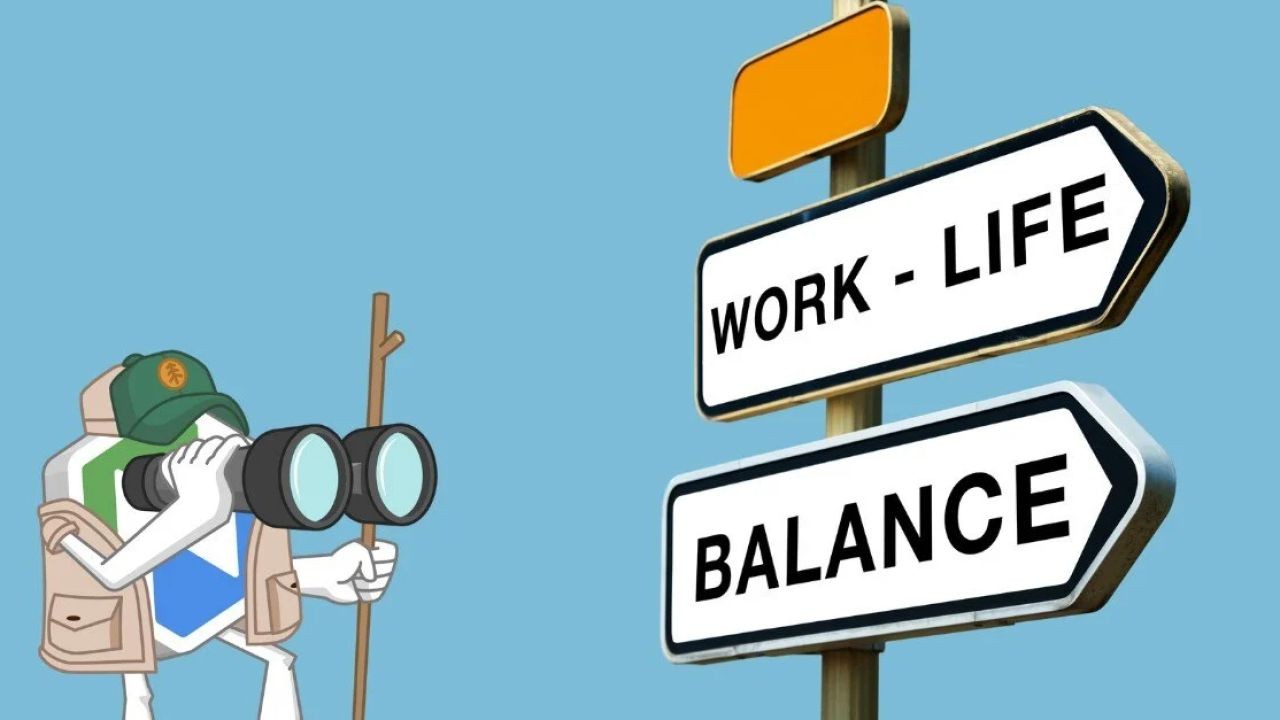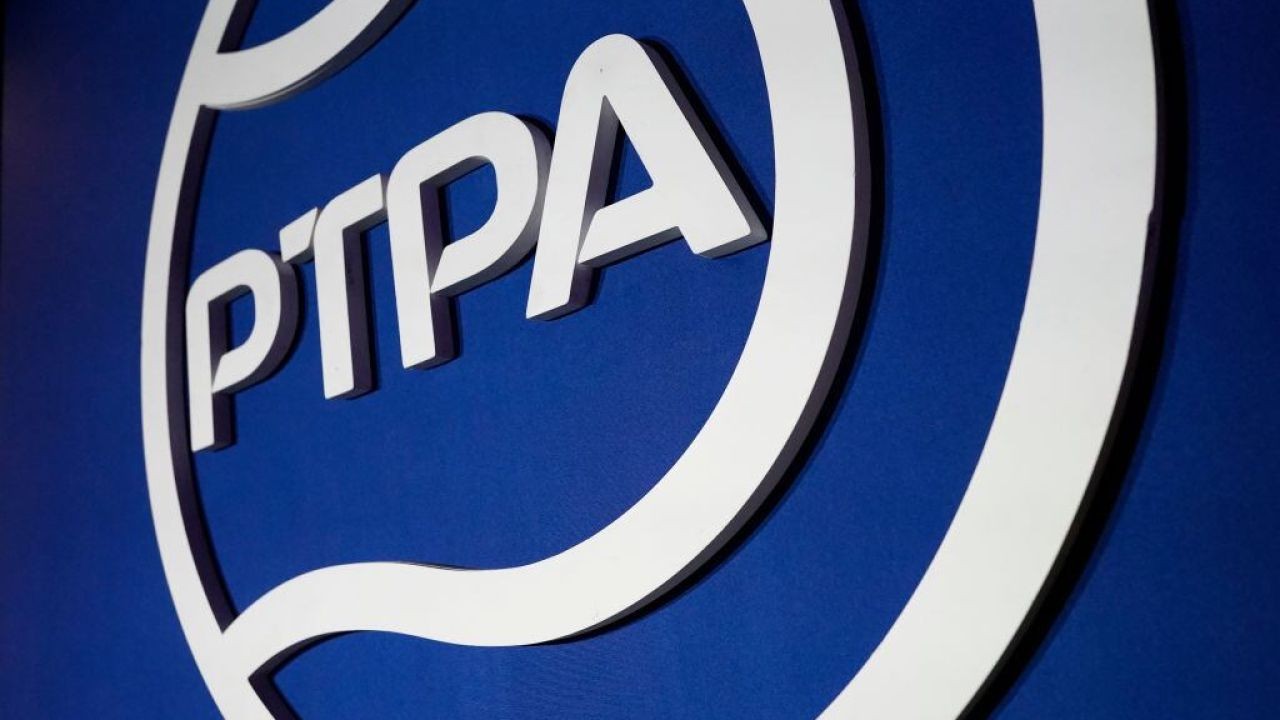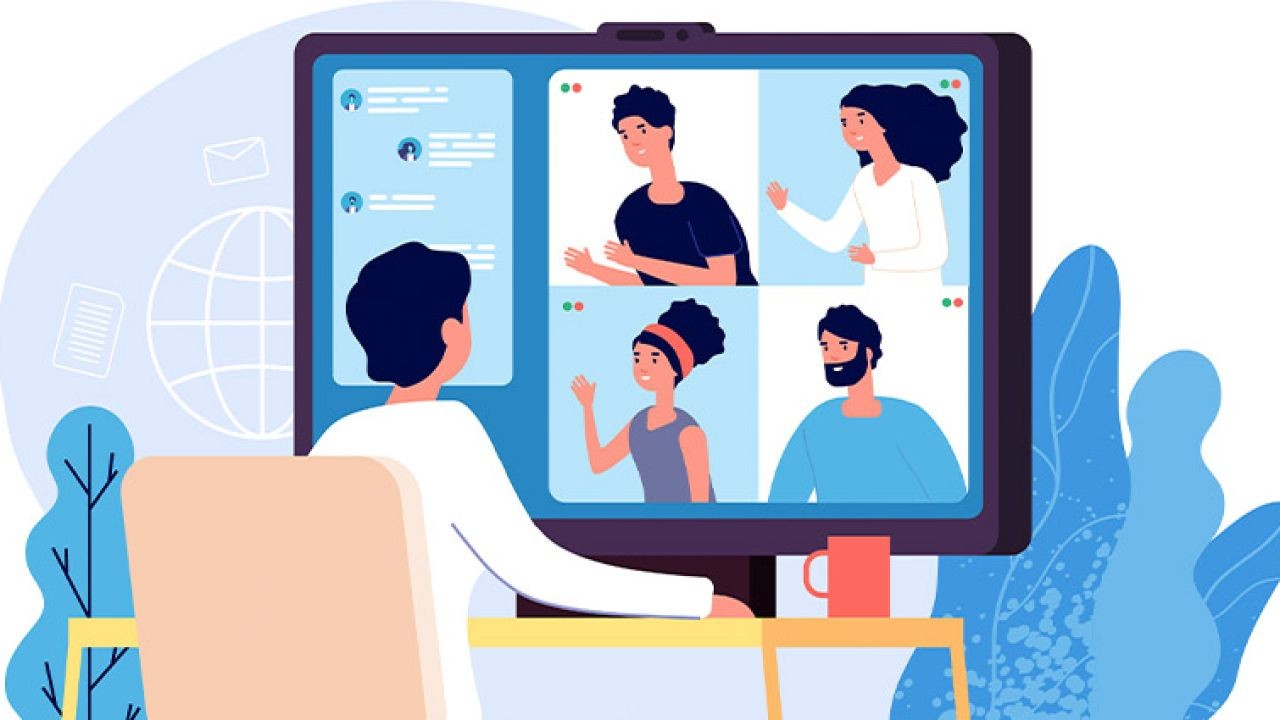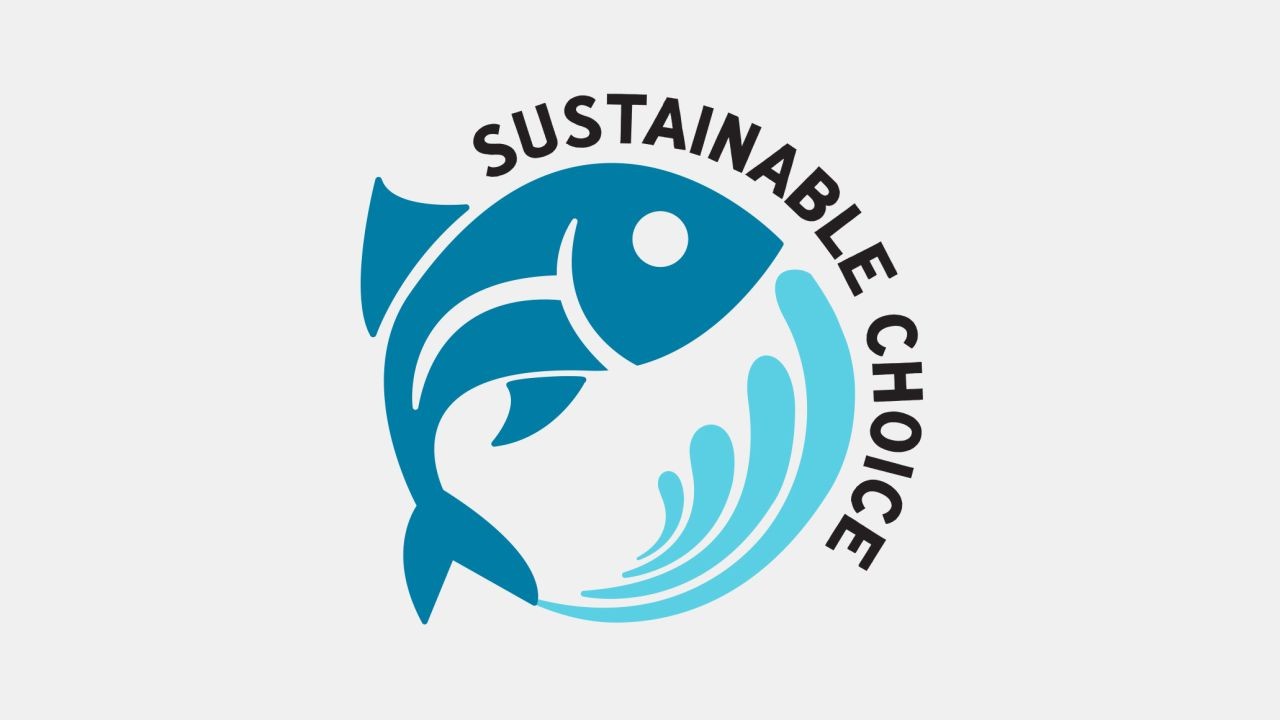In New Zealand's dynamic business environment, maintaining a healthy work-life balance has become a critical objective for professionals across industries. While the pursuit of career success is commendable, it's essential to balance this ambition with personal well-being. This balance not only enhances productivity but also fosters a healthier, more satisfying life.
The Importance of Work-Life Balance in New Zealand
New Zealand is known for its stunning landscapes and relaxed lifestyle, but the pressure of work commitments can sometimes overshadow these cultural attributes. According to Stats NZ, full-time employees in New Zealand work an average of 37.8 hours per week, and about 20% of them regularly work overtime. This increase in working hours emphasizes the need for effective work-life balance strategies.
Industry Insight: The Role of Technology
Technology is often viewed as a double-edged sword in the work-life balance equation. On one hand, it provides flexibility, allowing employees to work remotely and manage their schedules more effectively. On the other hand, it blurs the lines between work and personal life, leading to burnout. In New Zealand, businesses that have successfully implemented digital transformation strategies report a 30% increase in employee satisfaction, according to a report by NZTech.
Case Study: Xero's Approach to Work-Life Balance
Problem:
Xero, a leading New Zealand-based software company, noticed that its employees were experiencing high levels of stress due to increasing workloads. This stress was impacting overall productivity and employee retention.
Action:
In response, Xero implemented a flexible working policy, allowing employees to choose their working hours and locations. They also introduced wellness programs, including regular mindfulness and yoga sessions.
Result:
Within a year, Xero reported a 20% reduction in employee turnover and a 15% increase in productivity. Employee surveys indicated a significant improvement in job satisfaction and mental well-being.
Takeaway:
This case study demonstrates the effectiveness of flexible working arrangements and wellness programs in enhancing work-life balance. New Zealand companies can replicate these strategies to improve employee satisfaction and performance.
Data-Driven Analysis: The Impact on Productivity
Research from the Reserve Bank of New Zealand highlights that businesses with robust work-life balance policies experience a 25% increase in productivity. This statistic underscores the direct correlation between employee well-being and business performance. By fostering an environment that prioritizes balance, companies can enhance their competitive advantage.
Pros vs. Cons of Remote Work
Pros:
- Increased Flexibility: Employees can tailor their schedules, leading to higher job satisfaction.
- Cost Savings: Reduced commuting and operational costs for businesses.
- Expanded Talent Pool: Companies can hire from a broader geographical area.
Cons:
- Lack of Social Interaction: Remote work can lead to feelings of isolation.
- Blurring Boundaries: Difficulty in separating work from personal life.
- Technology Dependence: Over-reliance on digital tools can lead to burnout.
Common Myths & Mistakes
Myth: "Work-life balance means equal time for work and personal life."
Reality: It's about finding harmony between work and personal life priorities. Flexibility is key.
Myth: "Remote work reduces productivity."
Reality: With proper management, remote work can boost productivity by 20%, as seen in several NZ companies.
Myth: "Only large companies can afford wellness programs."
Reality: Small businesses can implement cost-effective wellness initiatives, such as flexible hours.
Biggest Mistakes to Avoid
- Ignoring Employee Feedback: Regular surveys help tailor work-life balance strategies to employee needs.
- Overlooking Mental Health: Provide access to mental health resources to prevent burnout.
- Rigid Policies: Flexibility in working conditions is essential for maintaining balance.
Future Trends & Predictions
By 2028, it's predicted that 60% of New Zealand's workforce will engage in hybrid work models, blending remote and in-office work. This shift will require businesses to adapt their policies to support flexible work environments and invest in digital infrastructure to facilitate seamless collaboration.
Conclusion
Achieving a healthy work-life balance in New Zealand is not just a personal goal but a strategic business advantage. By prioritizing employee well-being, businesses can enhance productivity, reduce turnover, and foster a positive workplace culture. As the future of work continues to evolve, embracing flexible work arrangements and wellness initiatives will be crucial for sustainable success.
What steps will you take to improve work-life balance in your organization? Share your strategies and insights in the comments below!
People Also Ask (FAQ)
- How does work-life balance impact businesses in New Zealand?NZ businesses with strong work-life balance policies experience up to 25% higher productivity, according to the Reserve Bank of New Zealand.
- What are the biggest misconceptions about work-life balance?One myth is that work-life balance requires equal time for work and personal life. In reality, it's about flexibility and prioritizing what matters most.
- What are the best strategies for implementing work-life balance?Experts recommend starting with flexible work arrangements, followed by wellness programs, and ensuring regular employee feedback for long-term success.
- What upcoming changes in New Zealand could affect work-life balance?By 2028, policy updates could shift workplace environments towards hybrid models, emphasizing flexible work arrangements.
- Who benefits the most from work-life balance?Both employees and employers benefit from improved work-life balance, leading to higher productivity, job satisfaction, and employee retention.
Related Search Queries
- Work-life balance strategies NZ
- Remote work policies New Zealand
- Employee wellness programs NZ
- Flexible work arrangements NZ
- Impact of digital transformation on work-life balance
- Productivity and work-life balance in New Zealand
- Future of work in New Zealand
- Work-life balance case studies
- Employee satisfaction trends NZ
- Hybrid work model benefits

































HalleyWing
7 months ago